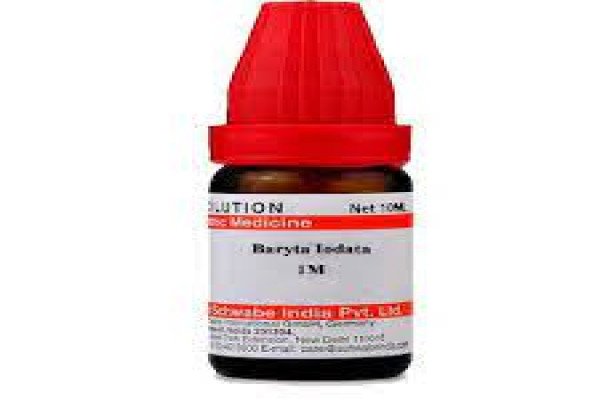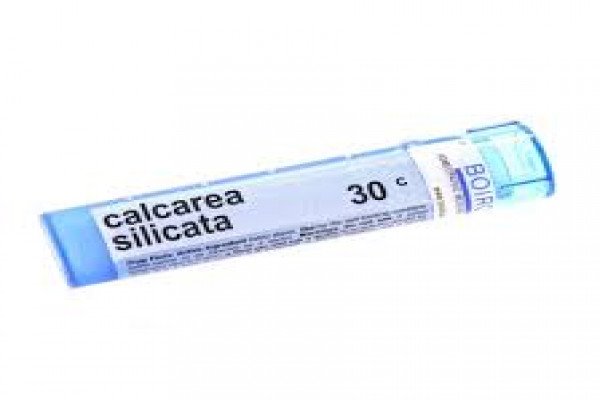 Welcome
Welcome
“May all be happy, may all be healed, may all be at peace and may no one ever suffer."
Itching - Homeopathic remedies
Itching, also known as pruritus, is an unpleasant sensation on the skin that can cause the desire to scratch. Itching can be a symptom of various underlying conditions, such as dry skin, allergies, insect bites, infections, and certain medical conditions.
Itching can be acute, lasting for a short period of time, or chronic, lasting for more than six weeks. Acute itching is often caused by a specific trigger, such as an insect bite or exposure to an irritant, while chronic itching may be a sign of an underlying medical condition.
Common symptoms of itching include redness, swelling, and a raised rash. Chronic itching can lead to sleep disturbance, anxiety, and depression.
Treatment for itching will depend on the underlying cause. For example, if itching is caused by dry skin, applying a moisturizer can help. If it is caused by an allergic reaction, antihistamines or corticosteroids may be recommended. If it is caused by an infection, antibiotics or antifungal medication may be necessary.
In some cases, itching may be a symptom of a more serious medical condition, such as liver or kidney disease, thyroid disorders, or certain types of cancer. It is important to seek medical attention if itching is severe, persistent, or accompanied by other symptoms such as fever, chills, or difficulty breathing.
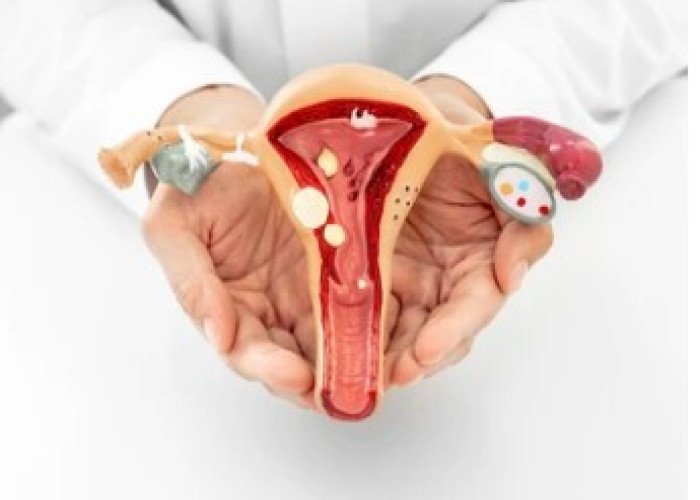
Gangrene of uterus

Measles
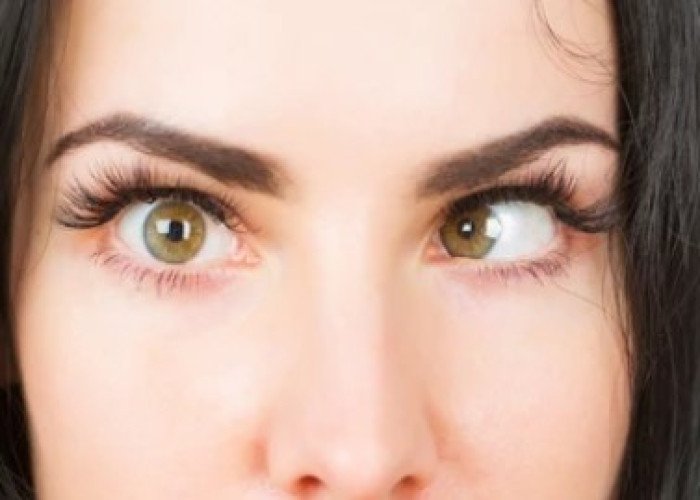
Squint eyed

Epilepsy
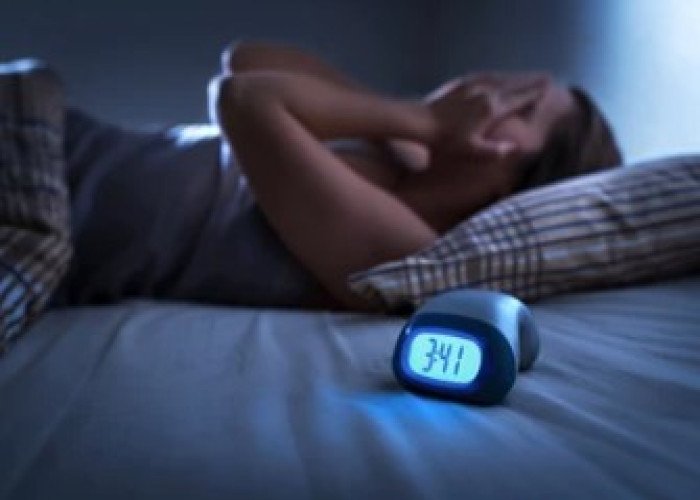
Insomnia

Weakness
Growth retardation

Indigestion
Itching, চুলকানি
To be happy, beautiful, healthy, wealthy, hale and long-lived stay with DM3S.


